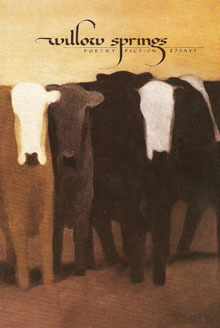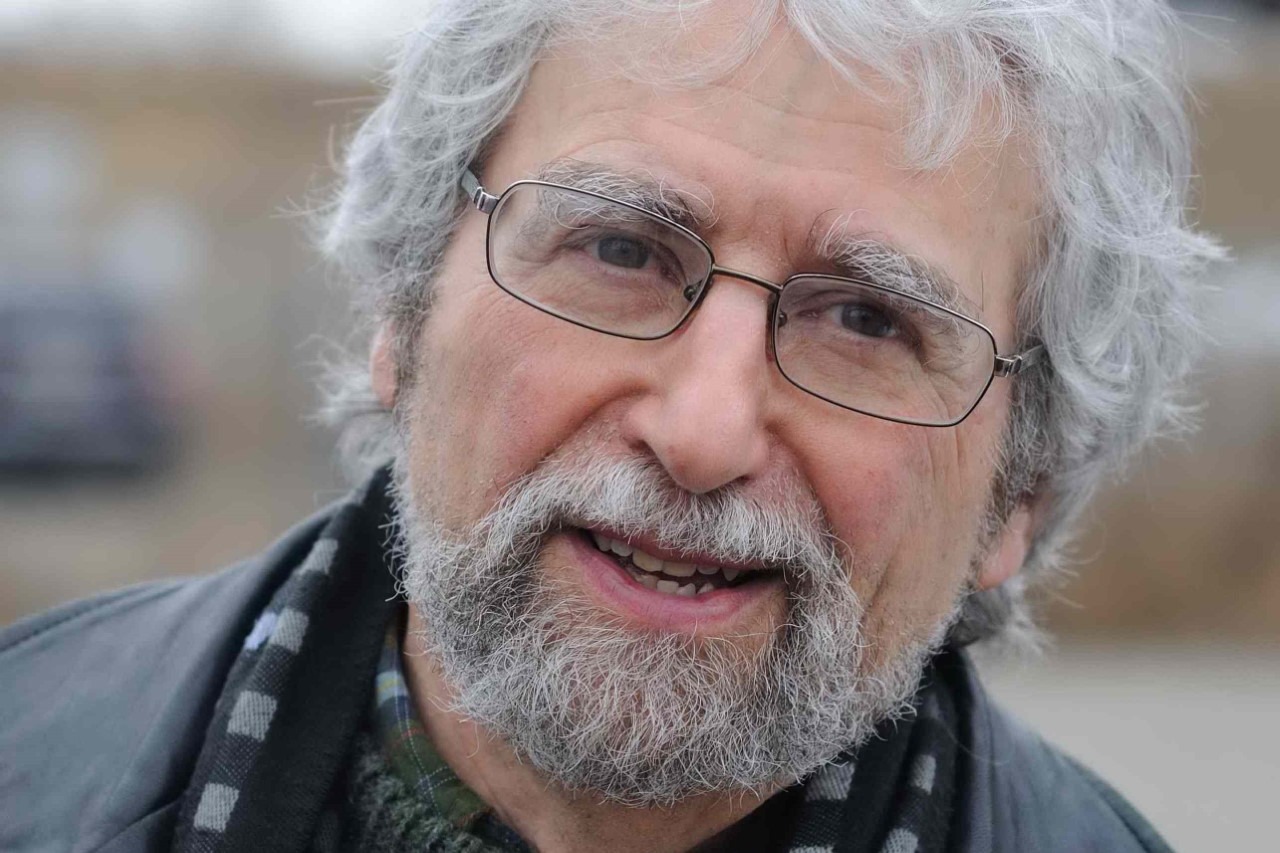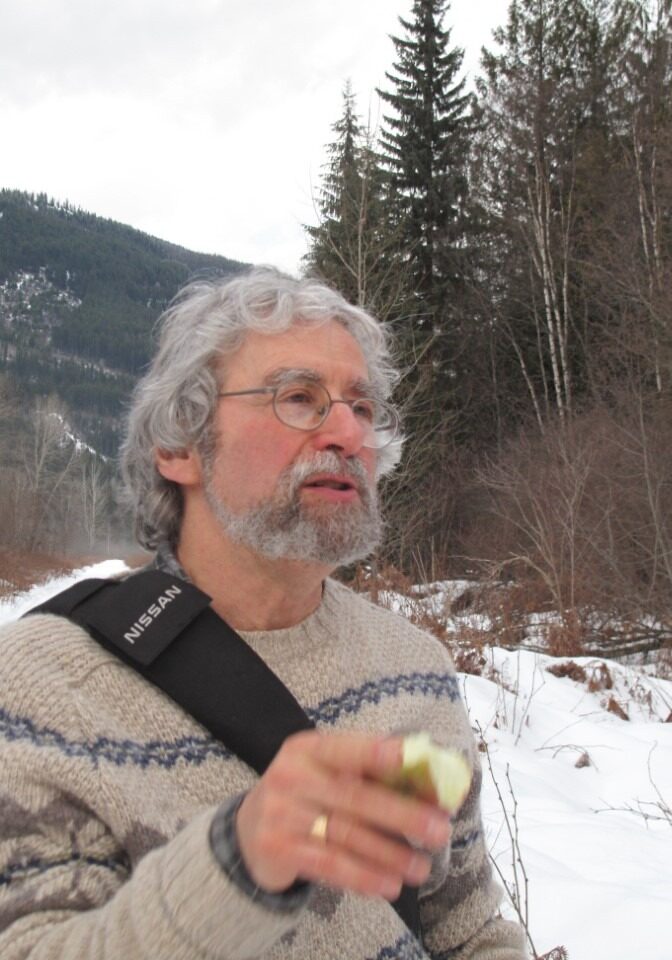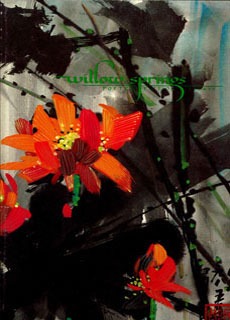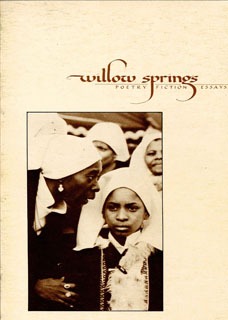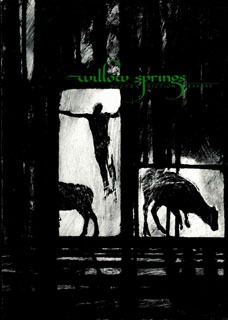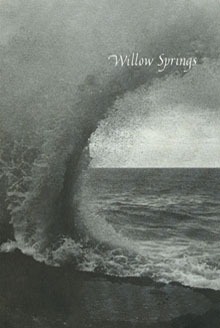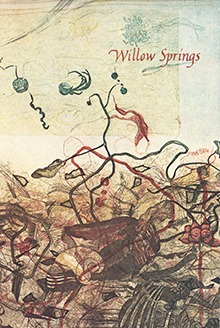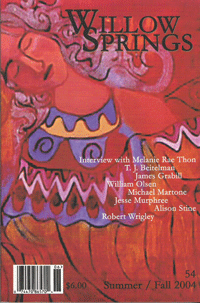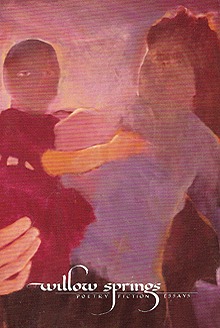
Found in Willow Springs 20
Back to Author Profile
The Cross
I'll draw a cross
Serpentines on my rocking chair
How pathetically the shirt hangs
Once the body has left it
Yet it's still a shirt
And here's what clinches our defeat for us
Both a suitcase and a T-bar
Have you ever seen a chair
Running from the bathroom towards the kitchen
Or vice-versa for it doesn't matter
Hysterically asking
What about my eternal life
Have you ever seen a balcony railing
Saying I've had enough
I've had enough
I've had enough
I too am fond of my modest life
I too must have my share
And if you've walked down Glagoljaska street
And seen an old boot lying
Between house number four and the well
Left there from that year when
The last nighttime regattas took place and Mario won
Did the boot ask you
Hello excuse me
For bothering you here on the street but
Doesn't it seem to you
Doesn't it seem to you
Doesn't it seem to you
Things are inscrutable in their craftiness
Unattainable to the rage of the living
Invulnerable in their endless flight
You can't catch up with them
You can't seize them
Motionless in their staring
The Boat
Its geneses are tiny silken
shifts, thinner than
the nail of one's littler finger. Are earthquakes and wars
the collapse of galaxies? A couple of swipes
with a brush at the earth's skin,
a diary?
What is minimal?
What proves
the madness of a bud opening,
of a deer grazing? The poet bestows
wreathes, lays on hands. Yet only he who
veils his vision survives.
He who has seen too much has his eyes
pecked out by crows, and
rightfully so. The poet
kills the deer.
